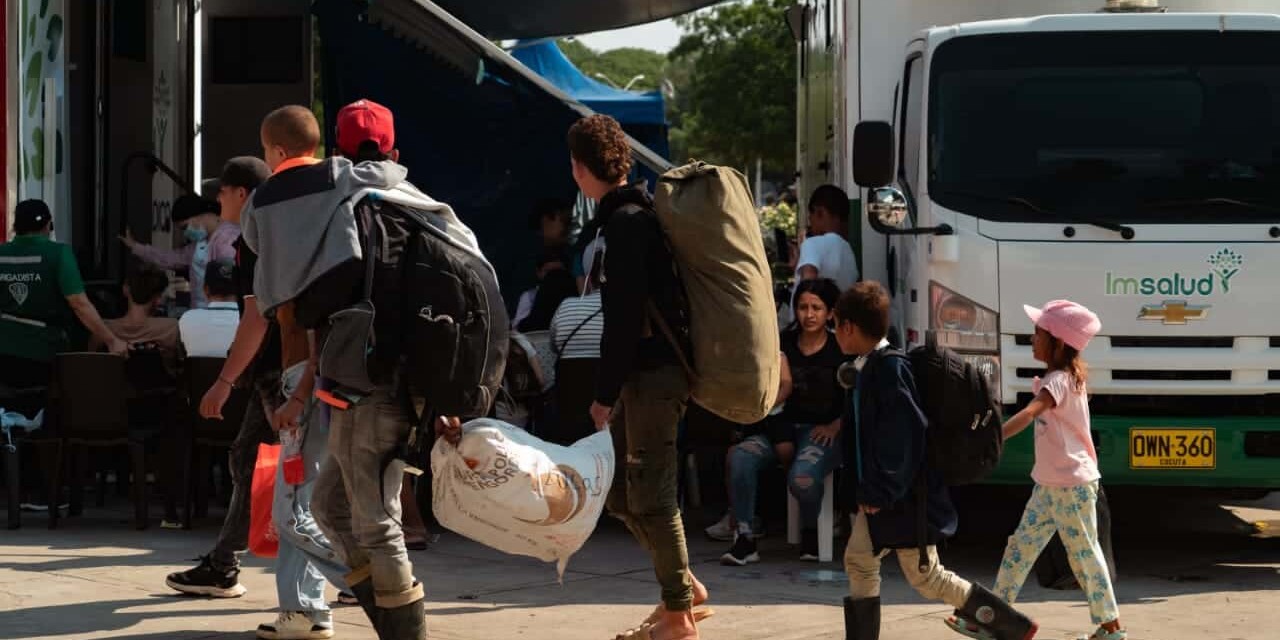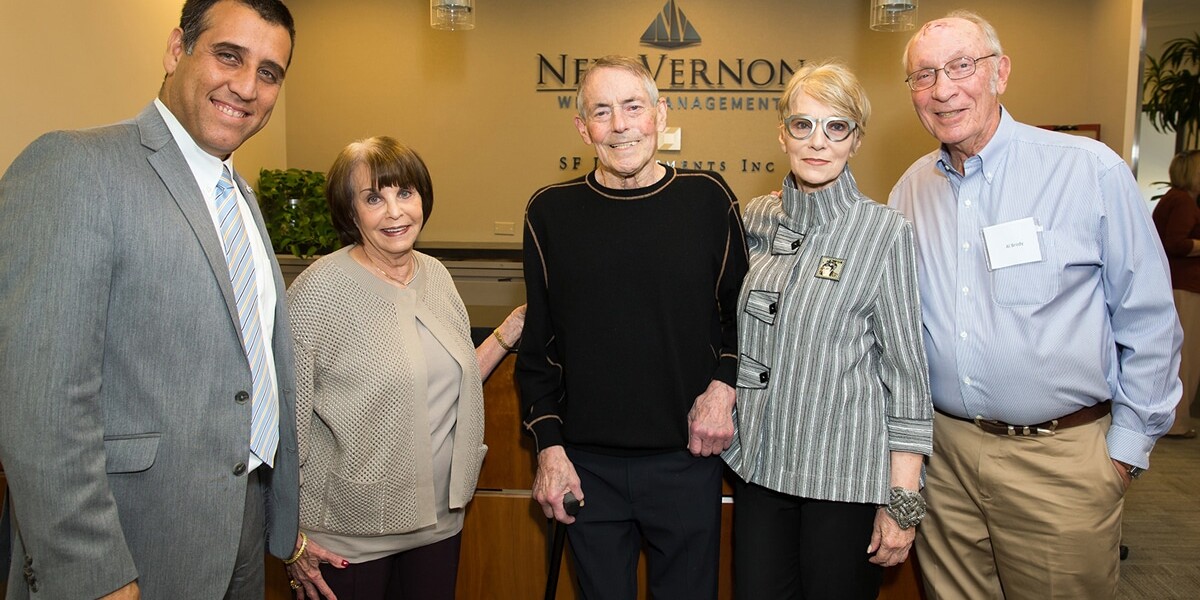The Goldin Institute believes in the power of communities coming together to build their own solutions and determine their own futures. Key to our achieving our mission is ensuring that voices and perspectives that are often excluded from the discussion—often women—are heard and included.
From combatting gender-based violence in Haiti to improving microcredit in Bangladesh, women-led, community-based projects are integral to the Goldin Institute’s work around the world.
Rape Accountability and Prevention

RAPP provides individual victims of sexual assault the legal services they need to obtain justice and compensation, while working with allies in Haiti and abroad to transform the social context that underlies the vulnerability of all poor Haitian women to assault. The Project also aims to deter future rape by punishing the perpetrators and forcing a more effective response by law enforcement and the justice system.
Bangladesh: Restoring Recipient Voices to Improve Microcredit
The current debate about the efficacy of microfinance is marked by the absence of those who have most at stake in the controversy: loan recipients. The Goldin Institute is working to lift up these voices, most often marginalized women, and restore their perspectives, insights and aspirations to the discussion.
Based on our innovative Community Based Oral Testimony methodology, where villagers in Bangladesh interviewed their neighbors about their experiences as loan recipients, we have helped capture and document these voices and are hard at work to ensure that they are heard in Bangladesh and around the world.
This community driven research raises many questions about the claims of gender empowerment made by microcredit supporters. In the words of Kohinoor Begum, Community Researcher and loan recipient herself:
[quote]Generally, credit is given in the name of the woman. The credit agencies do not grant credit if there is not a woman residing in the household. This is why male members of our homes or husbands sometimes force us to take credit. But, if we take credit, we have to hand it over to our husband or father-in-law who uses it in any way he wishes.” [/quote]
Kohinoor went on to testify to the hidden perils that women like herself have experienced due to the misuse and exploitative practices taken by the lending institutions and the men of the communities in the rural villages where we conducted our research:
[quote]But, the NGO employees come to recover the money from us (women) and we have to face many insults and indignities … It is the men who spend the money. But, payment of installment is sought from the women. We talk of women before all and talk of empowerment, but women are used within the traps and labyrinths of micro-credit. Women are deprived of their rights. Since women have begun taking micro-credit, oppression on her has multiplied. The evil practice of dowry became manifold. Because of micro-credit, social solidarity in villages is at stake.” [/quote]




